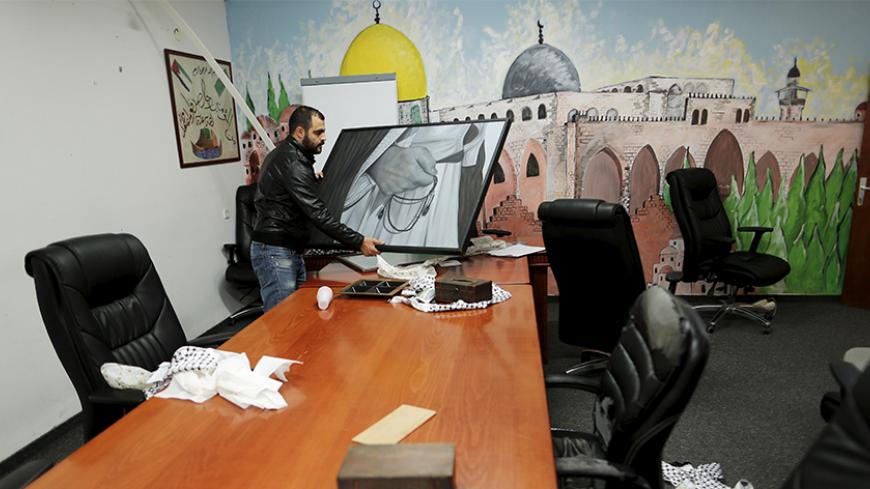Although the State of Israel is involved in an ongoing struggle against radical elements in the occupied territories and on its sovereign territory, the government’s decision to outlaw a political movement, the northern branch of the Islamic Movement in Israel, is a highly unusual measure. There are only two precedents to the decision announced Nov. 17: In the early 1960s, a similar step targeted the Arab Al-Ard movement, and in 1994 the government declared the Jewish Kach and Kahane Chai movements terror organizations, thus banning them. This tool is rarely used and with good reason.
The Israeli legal system and enforcement agencies have proved themselves capable of dealing with the leader of the northern branch, Sheikh Raed Salah, when he overstepped the law. Two years ago, he was convicted of inciting violence and terror and of racial incitement. Following an appeal, he was sentenced to 11 months in jail, in addition to receiving an eight-month suspended sentence. In sensitive cases, when the state feels that evidence cannot be publicly revealed for security reasons, it makes use of administrative detention, that is, detaining a person without an indictment or trial.



